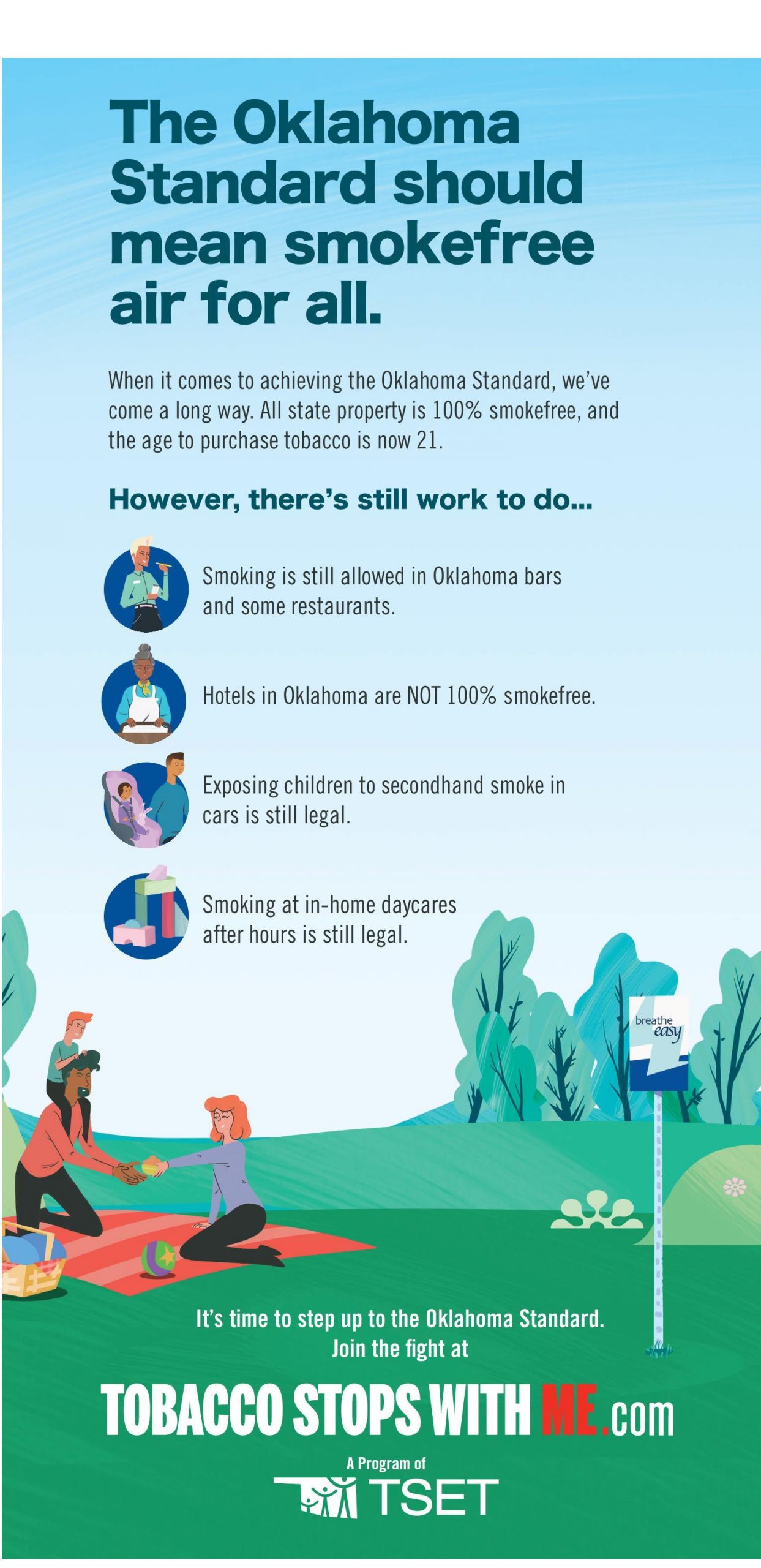Lawton, Okla. — A new bill introduced to the Oklahoma State Senate has raised concerns over the state’s approach to homelessness, as it would limit the ability of smaller municipalities to provide essential services to unhoused individuals.
Senate Bill 484, authored by newly elected Senator Lisa Standridge, proposes that municipalities with populations under 300,000 would be prohibited from operating homeless programs or services. Under the bill’s provisions, Oklahoma City and Tulsa would be the only cities exempt from the restrictions, leaving many smaller municipalities without the means to support homeless residents.
The bill provides a specific definition of homelessness, categorizing individuals as homeless if they lack a fixed, regular, and adequate nighttime residence, if they reside in temporary shelters, or if their living accommodations are not designed for regular sleep. Additionally, the bill expands its scope to include those seeking shelter from violence, a provision that could have significant implications for women’s shelters across the state.
If SB 484 passes, municipalities with fewer than 300,000 residents would be required to terminate all current homelessness programs and services immediately. This includes the cessation of initiatives aimed at providing housing, food, and emergency shelter to unhoused individuals, which critics argue could exacerbate the state’s homelessness crisis.
While the bill only affects municipalities below the 300,000 population threshold, the timing and scope of the legislation have raised concerns among local advocates for the homeless, who warn that the lack of resources for smaller cities could result in a dramatic increase in the number of people living on the streets without support.
Supporters of the bill argue that it provides a more standardized, statewide approach to addressing homelessness and that larger cities like Oklahoma City and Tulsa, which would remain exempt, can better manage and fund these services. However, critics contend that the bill ignores the unique needs of smaller communities, which could struggle to find alternative means to support their homeless populations.
Should SB 484 pass, it is set to take effect on November 1, 2025, further intensifying the debate about how Oklahoma should respond to the ongoing homelessness crisis. As the bill makes its way through the legislative process, advocates and lawmakers alike will likely continue to weigh the potential impacts on vulnerable populations across the state.




